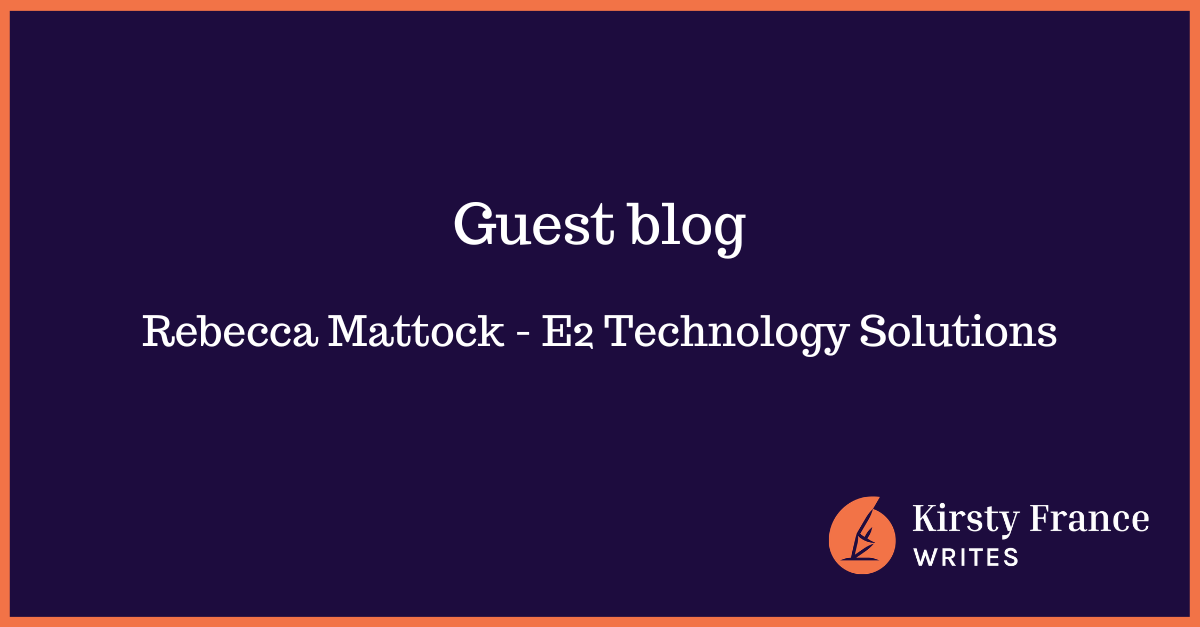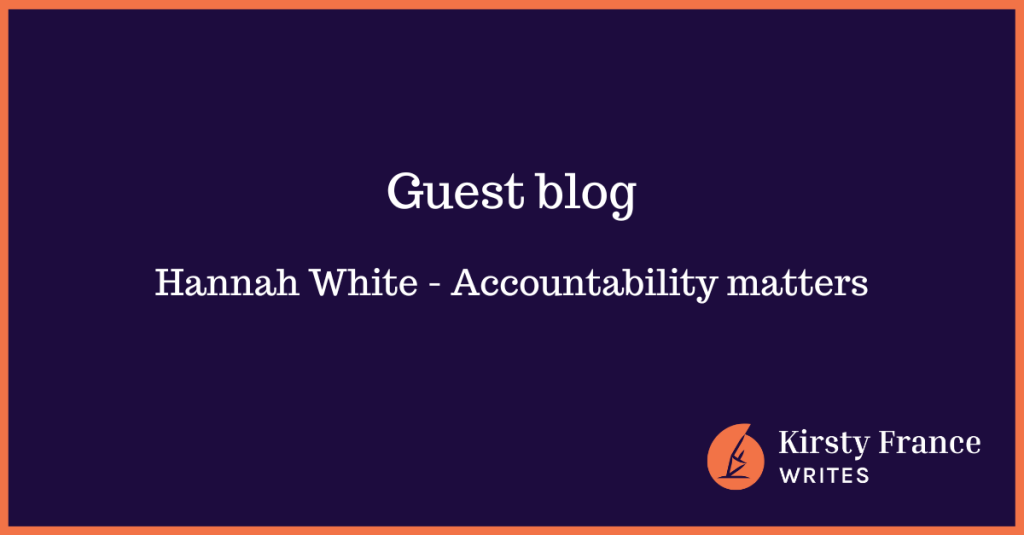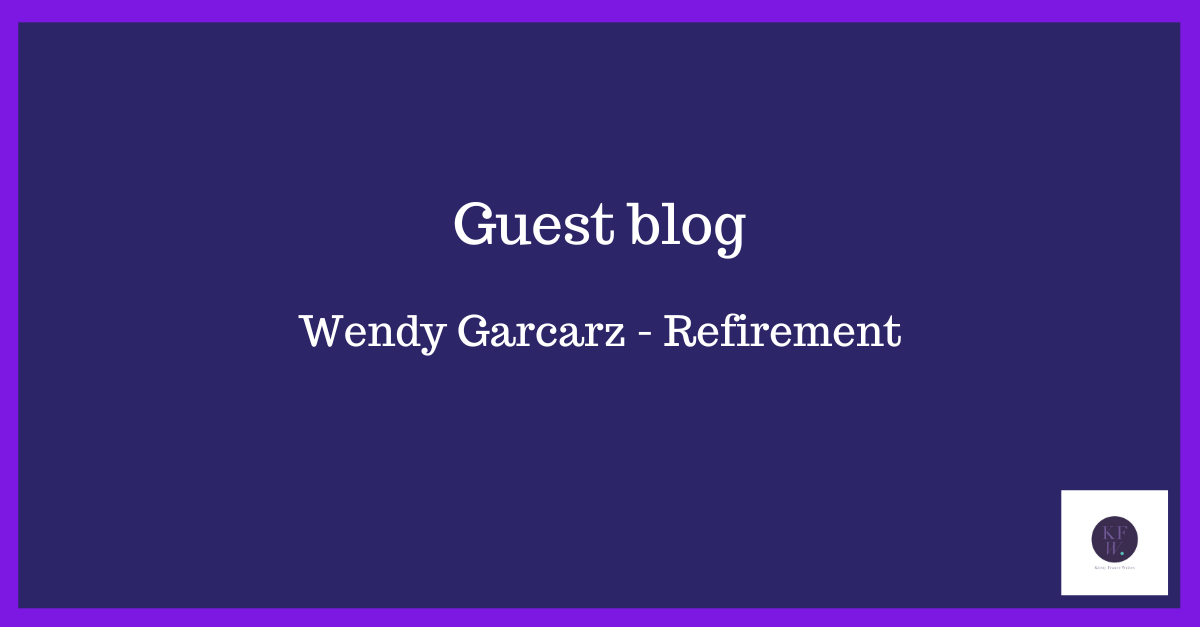BLOG
Words, ideas and the odd short story
Thoughts on writing and marketing, real client work, and occasional fiction for a change of pace.
I write about marketing, writing and small business life.
You’ll find practical advice, honest case studies, thoughtful guest posts and the occasional short story for when you’re ready for a break.
Writing for Humans: How UX Makes Your Content Actually Work
When people talk about websites not converting, the blame often lands on the content. The copy is not strong enough. The message is not clear. We need better words. As a web developer, I see something slightly different. More often than not, the content is doing its…
Why is it hard to turn your knowledge into great website copy?
You know what you do and how you help your customers, but it can be challenging to put it into words. You start writing website copy, blog, or social media content, and end up with massive paragraphs that are difficult to read, or something short that feels like it’s…
User experience: why the words on your website matter
When I first started my business, a friend set up the basic website structure for me, and I’ve been managing it myself since then. The old site was incredibly wordy (because obviously that comes naturally to me). When I write for clients, I find it easy to talk about…
10 lessons from 10 years: what I wish I’d known when I started my business
I’m celebrating ten years in business, and it’s a real pinch-me moment. Being able to call myself a writer when people ask what I do is still a thrill because it was a dream for a long time. I’ve been thinking about what ten years in business has taught me and what…
The story so far: celebrating ten years in business
In 2015, I was working as a solicitor, had two young children and dreamt of making my living as a writer one day. At that point, I wanted to be an author and hadn’t considered copywriting as a potential option. By the beginning of 2016, I’d left my legal career…
Why is accountability important to you as a small business owner?
If you’ve worked in a larger organisation before becoming self-employed, you will have been used to having teams around you, and your manager may have set you goals with specific deadlines. Sound familiar? When you work for yourself, that doesn’t happen. You’re the…
DI McLeod and the Santa Run Mystery
Detective Inspector Alan McLeod turned to his wife, Carol, and handed her two fully-laden hot chocolates before turning back to the market stall. He heard his daughters squeal with excitement behind him and wondered how much of their faces would be covered in whipped…
How to create your marketing plan without the overwhelm
If you’re looking ahead to next year and planning your marketing, how are you feeling? If you find it daunting, it might be time to simplify things. Here’s my guide to help you create your marketing plan without the overwhelm. Where do your ideal clients find you? If…
Are you ready to review your marketing?
We’re heading towards the end of the year, when lots of us reflect on the things that made us happy, what we’d like to change and how we want the year ahead to feel. If you’re thinking about your business and getting ready to review your marketing, here are a few…
The Power of Storytelling in Business: Connecting Through Ethos, Pathos, and Logos
In a world flooded with data, pitches, and product claims, it’s not the facts that people remember, it’s the stories. Storytelling is no longer a nice-to-have in business communication; it’s essential. Whether you’re pitching a product, building a brand, or leading a…
Why you need a human copywriter as well as AI
Yes, you read that right. I did say you need a human copywriter as well as AI, and not instead of it. You might think I’m opposed to AI, but I’m not. If you use it well, it’s a very useful tool, but it’s not a substitute for a real person. Here’s my guide to the pros…
Aligning your Voice and Visuals: The Secret to a Consistent Brand
Have you ever visited a site where the words felt warm, friendly, and full of personality – but the images looked stiff, generic, or completely mismatched? It creates confusion, even if the reader cannot pinpoint why, something just feels off. That’s because your…








